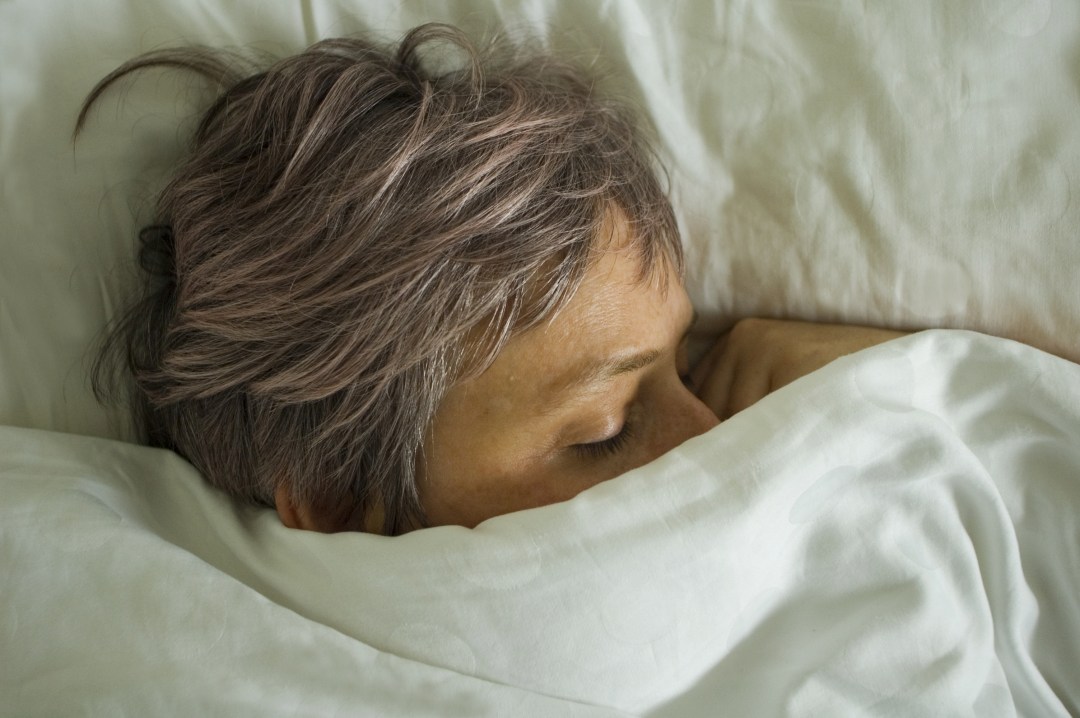10 ways to ensure you get a good night’s sleep
Sleep will not only make you feel better, make you live longer but also make you look younger too. Here are 10 quick ways to improve your life every night

Try these ten sleep tips:
- Take a warm bath before bed. This will send blood away from the brain to the skin surfaces and make you feel relaxed and drowsy. Your body temperature will soon plummet if you have a moderately cool bedroom, which will initiate sleepiness and deep sleep
- Establish a regular bedtime routine. Go to bed the same time every night and wake up without an alarm clock at the same time every morning, including weekends. British sleep researchers found that if you alter your sleep schedule by even a few hours, your mood deteriorates
- Exercise. In one study, researchers at the University of Washington found that people who ran or walked 40 minutes three times a week experienced longer periods of deep sleep than a more inert comparison group.
- Eat proteins at dinner, such as fish or chicken, as they will prevent hunger pangs at night and do not eat a large or heavy meal within four or five hours of going to bed. It may make you feel drowsy initially but will have you tossing and turning all night, give you indigestion and pile on the pounds as your body stores the food as fat rather than burning it as fuel. If you are hungry before you go to bed, have a snack high in carbohydrates such as rice or potatoes which help speed the amino acid tryptophan to the brain, which is converted to serotonin, a sleep-inducing neurotransmitter
- Don’t smoke, drink alcohol or caffeine before bedtime. Nicotine stimulates brain wave activity and increases blood pressure and heart rate and will disturb your ability to get to sleep. Alcohol may help you fall asleep more quickly but you’ll wake up often and earlier and it will disturb both non-REM sleep and REM sleep. Do not drink caffeinated drinks within six hours of your bedtime, as once again they will delay sleep onset and disturb REM sleep.
- Establish a relaxing bedtime routine. Ban TV, arguing, and eating from the bedroom and use your bed for only sex and sleep, associating the bedroom with pleasure and rest. Switch off the light and try this bedtime relaxation technique from the Better Sleep Council: Tense and then relax your muscles in groups, starting from the toes and slowly working up to the body to the eye muscles and forehead. Squeeze tightly for five to 10 seconds, then release and relax for 15 to 20 seconds before moving upward to next group until you feel completely relaxed.
- Try visualisation. Imagine yourself in a relaxing situation, such as lying on a tropical beach, strolling through fields, floating through the air, or listening to soft music. Feel the warmth of the sun and the gentle breezes, hear the lapping sounds of the surf and inhale the fragrances. Relax.
- Jot down your worries. If you find your mind going round and round in circles, try writing down all your worries in a pad by your bed. Then write down the potential solution or a time during waking hours when you’ll address the problem. This will transfer your worries from your brain to the paper and leave you free to get some sleep.
- Some herbs, such as valerian, taken as bedtime tea with honey have sedative properties that can help put you to sleep. Other noncaffeinated herbal teas include chamomile. Lemon and evening primrose is also a snooze-enhancer.
- Certain vitamins and minerals, such as calcium and magnesium are naturally occurring relaxants that can help you sleep better. Vitamins B6, B3 and C, calcium, magnesium, zinc and chromium can all help.
More inspiration:
Read Learn to Sleep Like a Baby by Frances A. Masters on LifeLabs








